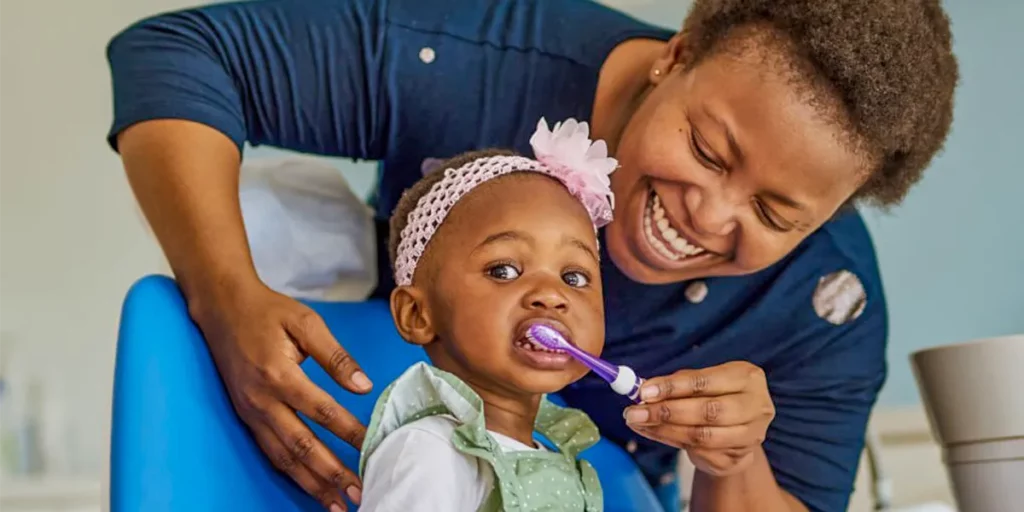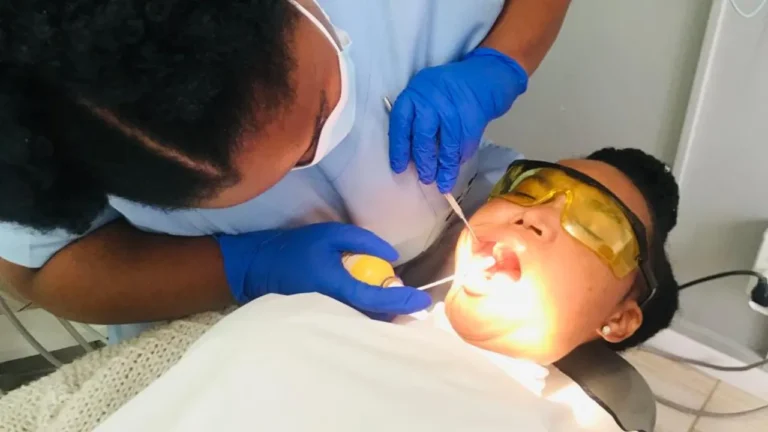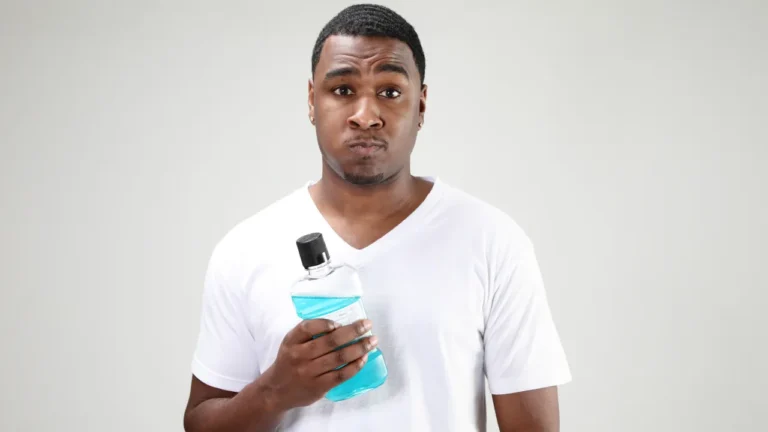As parents, we want the best for our children, including their dental health.
Developing good dental hygiene habits early on can prevent dental problems later in life.
In this article, we will discuss tips for parents on how to care for their child’s teeth, including the importance of pediatric dentistry, good dental hygiene habits, and limiting sugary foods.
Why Children’s Dentistry is Important
Pediatric dentistry, also known as children’s dentistry, is a specialized field of dentistry that focuses on the oral health needs of children, including infants, children, and teenagers.
It is important to establish a dental home for your child with a pediatric dentist by their first birthday or within six months of the eruption of their first tooth.
Pediatric dentists have specialized training in treating children’s dental problems and can help you develop good dental hygiene habits from an early age.
Take Care of Baby Teeth
Baby teeth, also known as primary teeth, play an important role in your child’s oral development.
They help with speech development, chewing, and guide permanent teeth into their proper position.
As a result, it is essential to take care of your child’s baby teeth.
Start by cleaning your baby’s gums with a soft cloth or gauze pad even before the first tooth appears.
Once the first tooth erupts, begin brushing your child’s teeth twice a day with a soft-bristled brush and a pea-sized amount of fluoride toothpaste.
Establish Good Dental Hygiene Habits
Establishing good dental hygiene habits from an early age is essential for maintaining healthy teeth and gums.
Encourage your child to brush their teeth twice a day for at least two minutes each time.
You can make brushing fun by singing a song or brushing your teeth together.
Flossing should begin as soon as your child has two teeth that touch.
Encourage your child to eat a balanced diet of fruits, vegetables, whole grains, and lean proteins, and limit sugary foods.
Limit Sugary Foods
Sugary foods can contribute to tooth decay, which is why it’s important to limit your child’s intake of sweets and sugary drinks.
Sugary snacks and drinks should be reserved for special occasions, and your child should brush their teeth or rinse their mouth with water after consuming sugary foods.
Instead, encourage your child to eat healthy snacks, such as cheese, fruits, and vegetables.
Prevent Baby Bottle Tooth Decay
Baby bottle tooth decay is a serious dental problem that can occur when a baby’s teeth are frequently exposed to sugary liquids, such as milk, formula, or juice.
To prevent baby bottle tooth decay, avoid putting your baby to bed with a bottle.
If your child must have a bottle at bedtime, fill it with water instead of sugary liquids.
Don’t let your child drink sugary liquids from a sippy cup for long periods of time.
Regular Dental Checkups
Regular dental checkups with a pediatric dentist are essential for maintaining your child’s dental health.
Your child should visit the dentist every six months for a checkup and cleaning.
During the visit, the dentist will examine your child’s teeth and gums and check for any signs of dental problems.
Regular dental checkups can help catch dental problems early on when they are easier to treat.
Is my child at a risk for tooth decay?
There are several factors that can increase the risk of tooth decay in children.
These include:
- Poor dental hygiene habits: If your child is not brushing their teeth regularly or is not brushing properly, they may be at a higher risk of tooth decay.
- Frequent snacking: Frequent snacking, especially on sugary foods and drinks, can increase the risk of tooth decay.
- Bottle feeding: Putting your child to bed with a bottle or allowing them to walk around with a bottle can lead to tooth decay, especially if the bottle contains sugary liquids.
- Lack of fluoride: Fluoride helps prevent tooth decay, so if your child is not getting enough fluoride, they may be at a higher risk of tooth decay.
- Family history: Genetics can play a role in the development of tooth decay, so if other family members have a history of dental problems, your child may be at a higher risk.
If you have concerns about your child’s risk of tooth decay, it’s best to schedule an appointment with a pediatric dentist. They can assess your child’s dental health and provide personalized recommendations to help prevent tooth decay.
How to help your child brush their teeth
Getting your child to brush their teeth can sometimes be a challenge, but it’s important to establish good dental hygiene habits early on to prevent tooth decay and other dental problems.
Here are some tips to help your child brush their teeth:
- Start early: As soon as your child’s first tooth appears, it’s time to start brushing. Use a small, soft-bristled brush and a tiny dab of fluoride toothpaste to gently clean the tooth and the surrounding gums.
- Make it fun: Brushing teeth can be a fun activity for children, especially if you make it into a game or sing a song while they brush. There are also apps and videos available that can make brushing more engaging for kids.
- Set a routine: Establish a regular routine for brushing teeth, such as brushing in the morning and before bed. Consistency is key to building good dental hygiene habits.
- Lead by example: Children often learn by example, so make sure you’re brushing your own teeth regularly and showing your child how to brush properly.
- Use positive reinforcement: Praise your child for brushing their teeth and make it a positive experience. You can also offer small rewards, such as a sticker or a special toothbrush, to encourage good dental hygiene habits.
- Let your child take control: As your child gets older, let them take more control over their own dental hygiene. Encourage them to brush their teeth independently, but be sure to supervise and offer guidance as needed.
- Visit the dentist regularly: Regular dental check-ups can help catch any dental problems early and ensure that your child’s teeth and gums are healthy. Pediatric dentists are trained to work with children and can provide personalized recommendations to help your child maintain good dental hygiene habits.
By following these tips and making dental hygiene a fun and positive experience, you can help your child develop good dental habits that will last a lifetime.
Take away
Caring for your child’s teeth is an important part of their overall health.
Establishing good dental hygiene habits from an early age, limiting sugary foods, and visiting a pediatric dentist regularly can help ensure that your child has healthy teeth and gums.
Remember, prevention is key, so start early and make dental health








